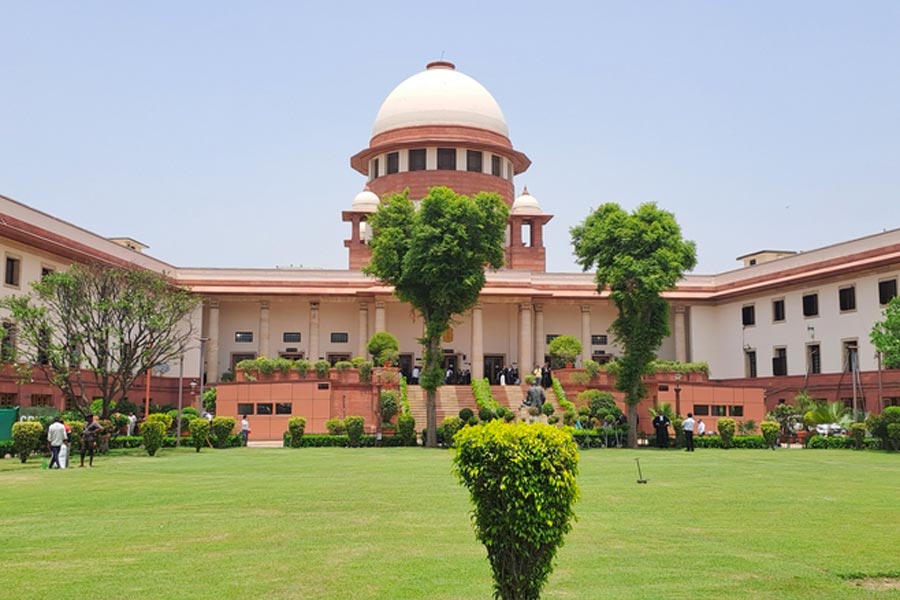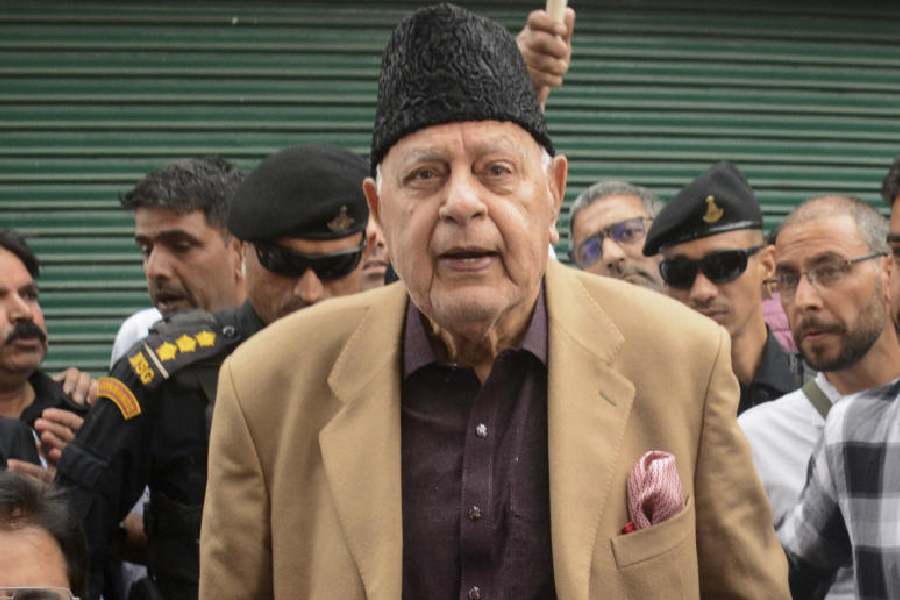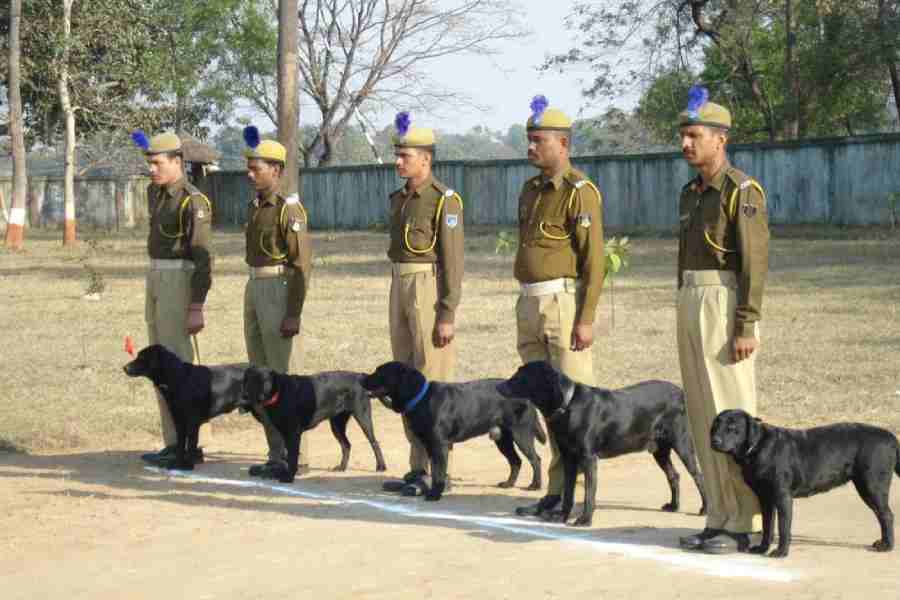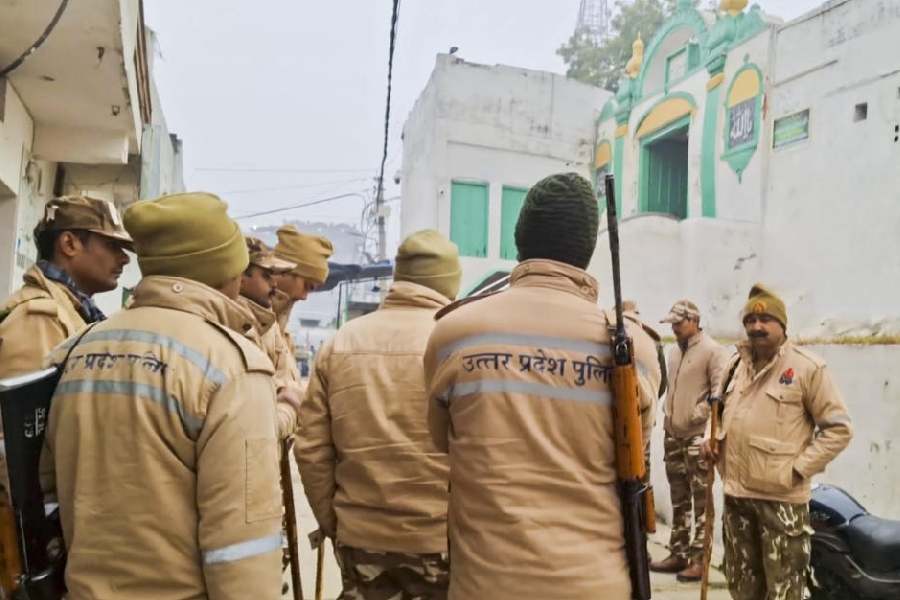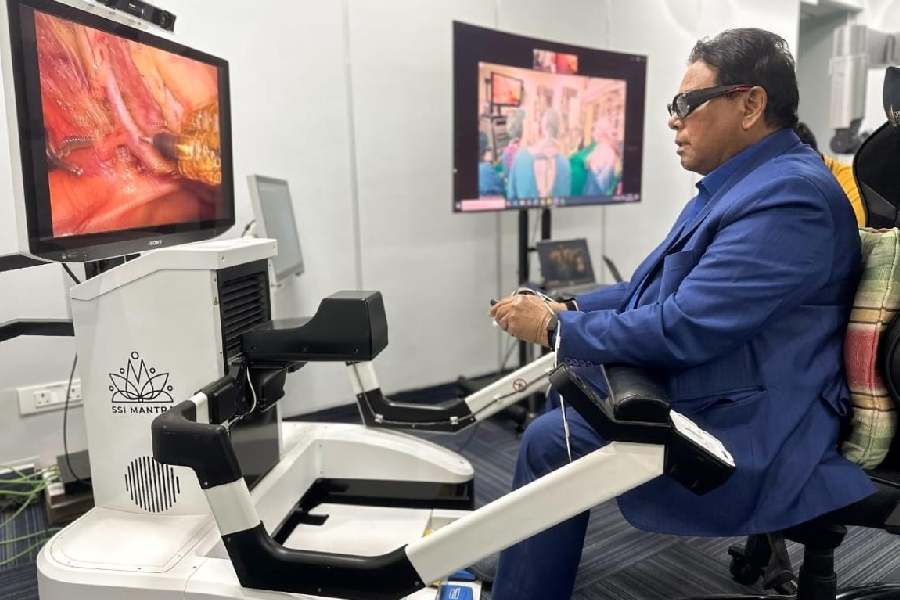The Supreme Court on Friday directed the Centre and the Manipur government to ensure the supply of basic food materials, medicines and other essential items to people in the violence-hit state, and if necessary consider air-dropping them.
A bench of Chief Justice D.Y. Chandrachud and Justice J.B. Pardiwala also asked the Meitei Christian Churches Council, Manipur, to furnish a copy of its petition alleging large-scale destruction of churches and attempts to misuse religious premises to the three-member judges’ committee it has set up, solicitor-general Tushar Mehta and the Manipur government.
“We direct the Union of India and the government of Manipur to distribute basic supply of food materials, medicines and other essentials so that there is no denial of basic human facilities.…However, considering the humanitarian aspect of the matter, the Union government should explore all options including air-dropping of necessities, if necessary,” the bench said in a brief order. It posted the matter for further hearing to September 6.
The court passed the direction after hearing senior advocate Meenakshi Arora, appearing for the judges’ panel headed by Justice (Retd) Gita Mittal, solicitor-general Mehta and various PIL petitioners regarding the situation in Manipur, which has witnessed unprecedented violence since May.
Justice Chandrachud initially asked Mehta to ensure that the nodal officers appointed by the judges' committee have access to the administration so as to ensure relief and rehabilitation measures in an unhindered manner.
Arora informed the court that relief and rehabilitation measures were inadequate in most relief camps where several people had also contracted measles and chickenpox. The relief materials sanctioned by the government were not reaching the camps because of the road blockades at various places.
The court was also informed that there was a severe dearth of food supply in Moreh and neighbouring areas due to the constant blockades of NH2 and other roads.
Arora told the bench that the judges' committee cannot direct the army to remove the blockades as it was not part of the remit of the panel. It can ensure the delivery of relief materials without hindrance only after the blockades are removed, the lawyer said.
CJI Chandrachud said the roadblocks were a “sensitive issue” and had to be dealt with in a “humanitarian” manner.
He asked the government to evaluate the situation and take appropriate measures to clear the blockades, keeping in view the sensitivity of the issue.
Senior advocate Huzefa Ahmadi, appearing for the Meitei churches' committee, complained that more than 200 churches had been destroyed and many of them were being used “for other purposes”.
He alleged that documents relating to the title and ownership of the churches had also been looted or torched.
The CJI noted that in an earlier direction the court had requested the committee headed by Justice Mittal to examine the issue of destruction of schools and places of worship so that restoration can take place.
The bench asked Ahmadi to serve a copy of the petition to the solicitor-general, judges' committee and also the state government so that the matter may be examined later.
Justice Chandrachud directed the government to take steps for the dignified disposal of unclaimed bodies, saying “ultimately, the bodies have to be dealt with in a dignified manner”.
On August 7, the court had set up a committee of three retired high court judges to oversee all aspects of humanitarian relief and rehabilitation and also look into the restoration of homesteads and places of worship.
The all-women panel is being headed by former Jammu and Kashmir High Court Chief Justice Mittal and includes Justices Shalini P. Joshi and Asha Menon, former judges of Bombay and Delhi High Courts, respectively.

